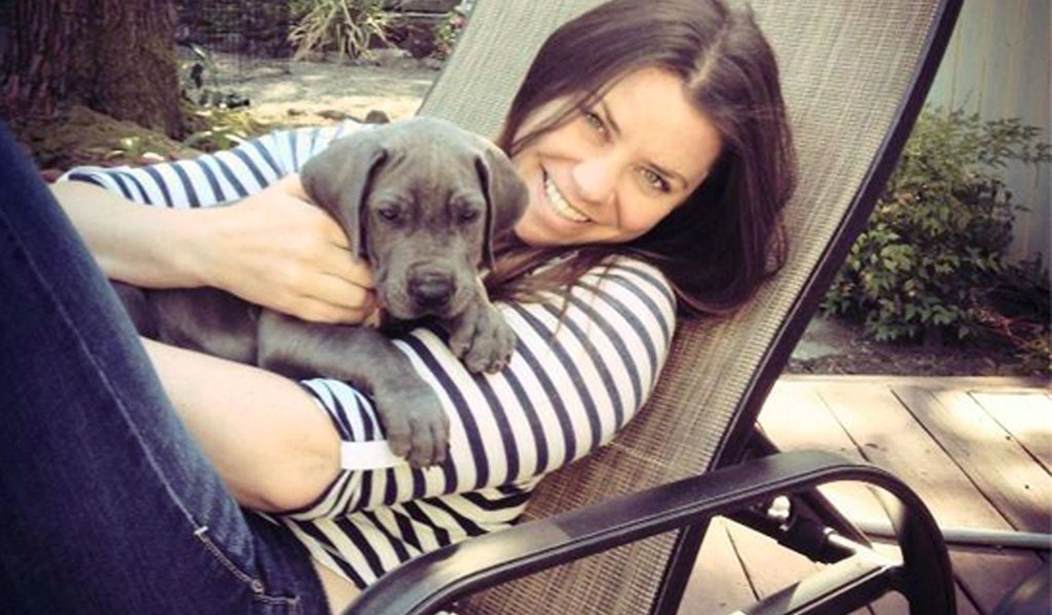In a CNN essay published last October, Brittany Maynard, a 29-year-old with terminal brain cancer, explained why she and her husband moved from California to Oregon: so she could legally obtain the barbiturates she would use to kill herself on November 1. "I would not tell anyone else that he or she should choose death with dignity," she wrote. "My question is: Who has the right to tell me that I don't deserve this choice?"
There was no good answer to that question, and Maynard's moving story helps explain why California legislators last week approved a bill legalizing physician-assisted suicide, which if signed by Gov. Jerry Brown will increase to five the number of states where the practice is allowed. But while Maynard was driven by a determination to maintain her autonomy, her posthumous victory is couched in language that concedes the government's authority to intrude into the most intimate aspects of our lives.
To take advantage of the Oregon Death With Dignity Act, Maynard had to establish residency in that state, which required finding a new home in Portland, obtaining a new driver's license, changing her voter registration, finding people to look after her pets and arranging a leave of absence for her husband. As Maynard noted, "The vast majority of families do not have the flexibility, resources and time to make all these changes."
None of that would have been necessary if Maynard had simply been allowed to walk into a store and walk out with the barbiturates she needed. But because the government has decreed that people must have a permission slip from a state-appointed gatekeeper to obtain these drugs (and many others), she and her husband were forced to uproot themselves during an already trying and tumultuous time.
Recommended
Rather than recognize the impropriety of dictating to adults what substances they may introduce into their own bodies, California's legislators decided to allow a new, purportedly medical use of barbiturates, subject to stringent requirements aimed at ensuring that people kill themselves only for the right reasons. But suicide is not a medical treatment, and the government has no business forcing people to remain alive when it disagrees with their reasons for wanting to die.
Maynard said she wanted to "use the medical practice of aid in dying," which would allow her to "request and receive a prescription from a physician for medication that I could self-ingest to end my dying process if it becomes unbearable." But if barbiturates are a "medication" in this context, so is cyanide, carbon monoxide, a noose or a bullet.
The medicalization of suicide is driven largely by the drug laws, which give physicians special access to the substances that are most suitable for the purpose. But as Thomas Szasz observes in his book "Fatal Freedom," calling suicide a "medical practice" also helps disguise the nature of this choice, implying that science can replace morality.
Survey data suggest that framing the issue this way has helped assuage public concerns about letting people leave this world on their own terms. According to a recent Gallup poll, 68 percent of Americans agree that "when a person has a disease that cannot be cured and is living in severe pain," doctors "should be allowed by law to assist the patient to commit suicide if the patient requests it."
Opponents of physician-assisted suicide worry that such requests will be made under duress, that people will kill themselves to spare their families the expense of potentially life-saving treatment. But family pressure is at least as likely to push patients in the opposite direction, encouraging them to endure iffy and arduous treatments when they prefer a quick end.
It is folly to think regulations can ensure the right outcome (however that's defined) in every case. The most the government should do is make sure each individual's wishes are respected, even when other people -- including people with medical degrees -- don't approve of them.
























Join the conversation as a VIP Member